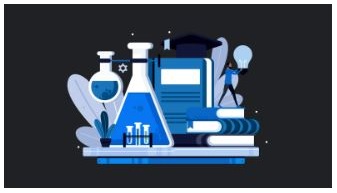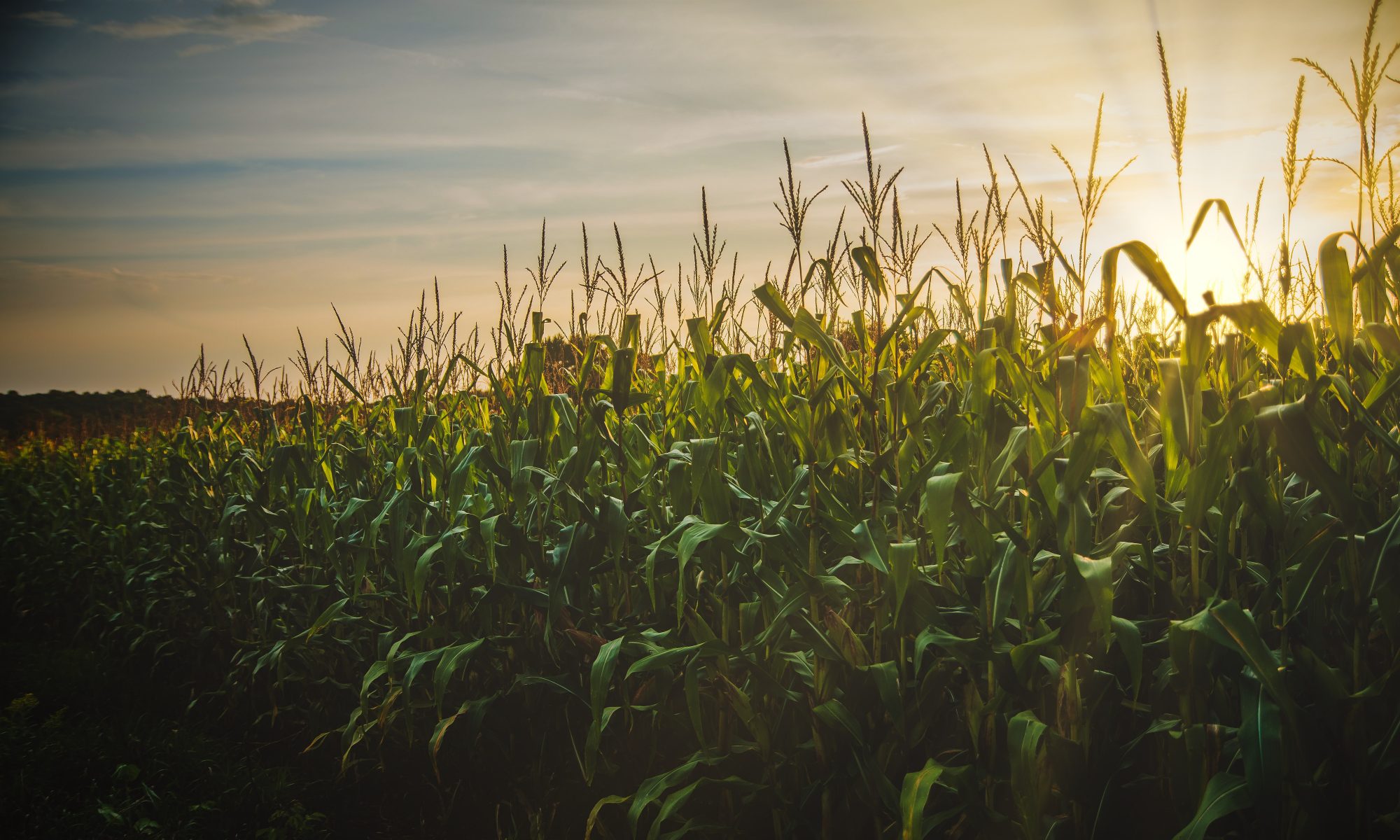
Postdoctoral Research Associate
Opportunity:
Are you as excited about plant microbiomes as we are? We are seeking a highly motivated postdoctoral research associate with experience in microbiome analyses, plant genetics, and biogeochemical cycling to join our team. Our research program focuses on understanding how the plant microbiome and its functions are an extended phenotype of the plant genome. Our exciting interdisciplinary research program is seeking to breed crops that can inhibit unsustainable nitrogen cycling processes and promote sustainable nutrient-provisioning strategies. We work with colleagues across the university with expertise in crop breeding and physiology, agronomy, and biogeochemistry. In addition, we are engaged with industry partners who are promoting microbiome solutions for sustainable crop production. Our work is funded by USDA-NIFA, Illinois Nutrient Research and Education Council, and the US Department of Energy.
The successful candidate will participate in work to identify the genomic and biochemical basis underlying biological inhibition of nitrification and denitrification in maize, and will carry out laboratory assays and field work to determine the impact of these phenotypes on ecosystem nitrogen cycling. This position is ideal for researchers with familiarity with microbiome analyses and plant breeding and genetics (with an emphasis in either field). Knowledge in plant physiology, metabolism, soil fertility, and nitrogen cycling processes is desirable.
This work requires excellent interpersonal and communication skills in English as well as excellent writing skills as demonstrated by a strong publication record in peer-reviewed journals. Recent graduates are encouraged to apply.
Education:
Required: A PhD. in crop science, environmental science, microbiology, or related field is required. Alternate degree fields will be considered/accepted depending on the relatedness to this position.
Qualifications:
Applicants must have earned a doctorate in crop science, microbiology, environmental science, or a related field, within the past five years or have proof of completion by March 31, 2024. Evidence of scholarly activity/potential is required, specifically research and publications related to crop breeding or plant microbiomes.
Preferred Experience:
- Research experience in the field related to microbial ecology, plant microbiomes, or crop science.
- Expertise in plant genetics.
- Expertise in bioinformatics workflows and statistical analyses typical for microbial ecology.
Salary and Appointment:
This 12-month appointment has a preferred start date of April 16, 2024 (or sooner) and is renewed on an annual basis.
The salary is competitive and commensurate with experience and relevant research.
To Apply:
Please email your resume, cover letter, and contact information for three references to Dr. Angela Kent at akent@illinois.edu.
The University of Illinois at Urbana-Champaign is an equal opportunity and affirmative action employer. All qualified applicants will receive consideration for employment without regard to race, color, national origin, religion, sex, gender identity, age, sexual orientation, genetic information, status as an individual with a disability, or status as a protected veteran. Salary will be competitive and includes benefits.
Application review will continue until a suitable candidate is identified. Start date is flexible.
Selected publications related to this position:
Favela, A., M. O. Bohn & A.D. Kent. 2021. Maize germplasm chronosequence shows crop breeding history impacts recruitment of the rhizosphere microbiome. ISME J 15: 2454–2464. https://doi.org/10.1038/s41396-021-00923-z
Favela, A., M. O. Bohn & A.D. Kent. 2022. N-cycling microbiome recruitment differences between modern and wild Zea mays. Phytobiomes 6:151-160. https://doi.org/10.1094/PBIOMES-08-21-0049-R
Favela, A., M. Bohn, A.D. Kent. 2023. Application of plant extended phenotypes to manage the agricultural microbiome belowground. Frontiers in Microbiomes 2:1157681.
doi: 10.3389/frmbi.2023.1157681
Favela, A., M. O. Bohn, A.D. Kent. 2023. Genetic variation exists within Zea mays to alter unsustainable nitrogen cycling microbiome function. In review.
Preprint available via bioRxiv doi: https://doi.org/10.1101/2023.09.19.558450.
Klimasmith, I.M., A.D. Kent. 2022. Micromanaging the nitrogen cycle in agroecosystems. Trends in Microbiology, in press. https://doi.org/10.1016/j.tim.2022.04.006
